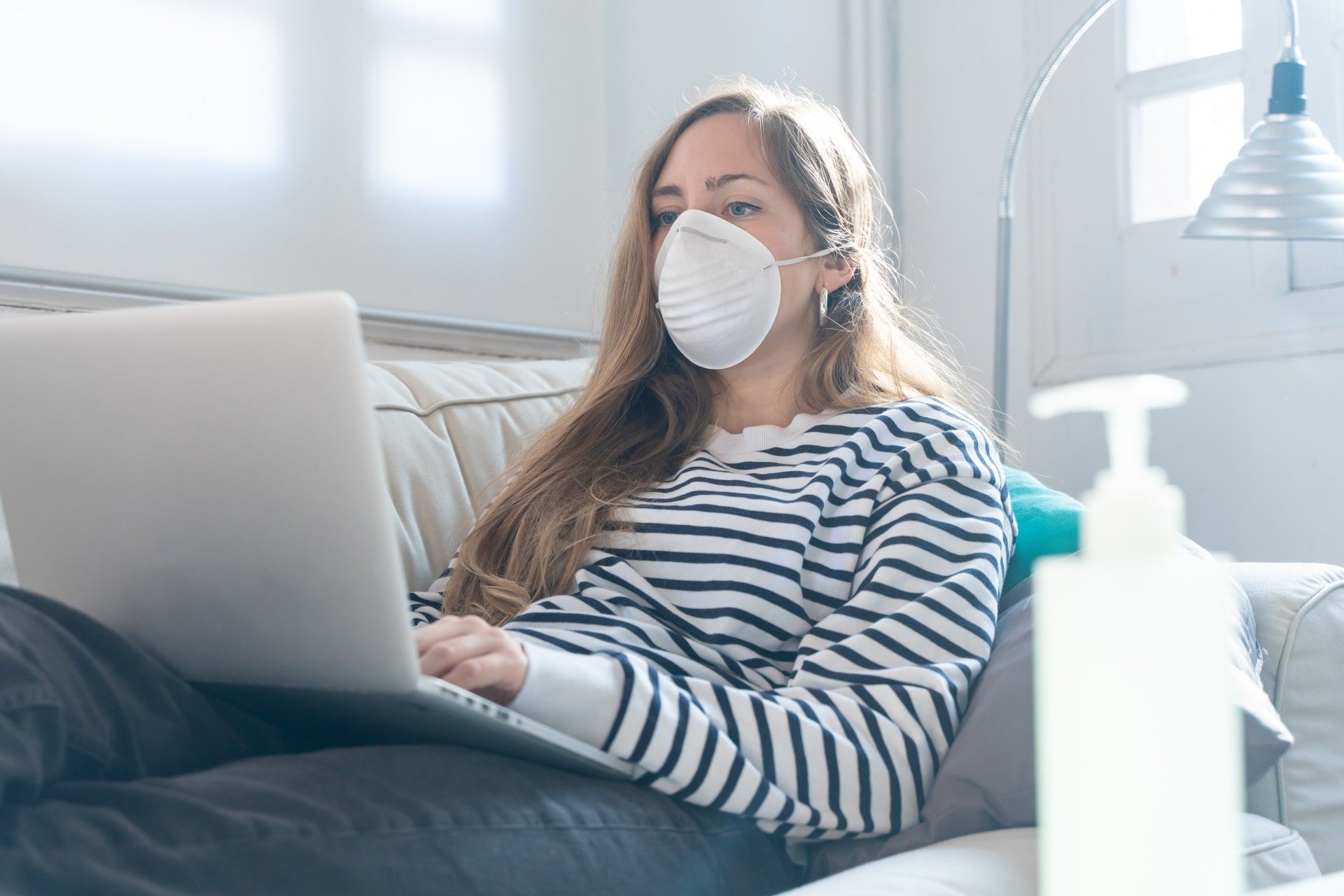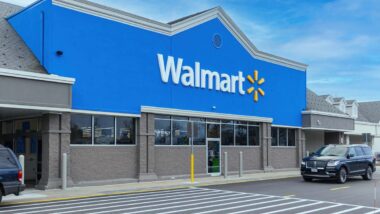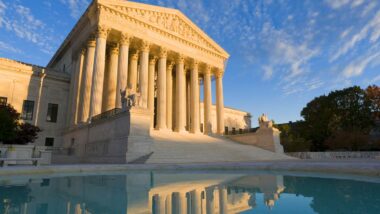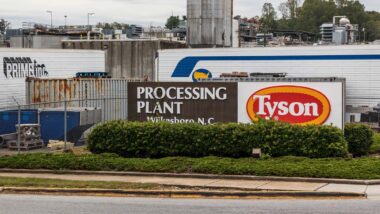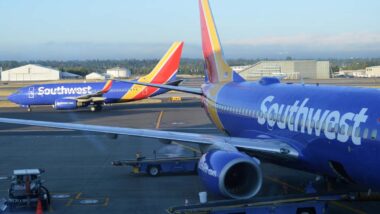Top Class Actions’s website and social media posts use affiliate links. If you make a purchase using such links, we may receive a commission, but it will not result in any additional charges to you. Please review our Affiliate Link Disclosure for more information.
A federal judge has sided with the New York attorney general, striking down parts of a federal rule on who can take paid COVID-19 leave under a March relief law.
New York Attorney General Letitia James had argued that a U.S. Department of Labor (DOL) rule unlawfully narrowed the number of people covered by the Families First Coronavirus Response Act (FFCRA), which was enacted by Congress to help workers during the pandemic.
In his decision, U.S. District Judge J. Paul Oetken acknowledged that the Department of Labor had worked under “considerable pressure,” but denied the defendants’ motion to dismiss the paid leave case.
“This extraordinary crisis has required public and private entities alike to act decisively and swiftly in the face of massive uncertainty, and often with grave consequence,” Judge Oetken wrote. “But as much as this moment calls for flexibility and ingenuity, it also calls for renewed attention to the guardrails of our government. Here, DOL jumped the rail.”
New York Gov. Andrew Cuomo declared a state of emergency March 7 in response to the emerging COVID-19 pandemic, the lawsuit says. His order was followed by President Donald Trump’s national emergency declaration March 13.
The pandemic has killed more than 150,000 people in the U.S., according to the Centers for Disease Control and Prevention. It has also taken a toll across all business sectors.
Congress responded to the pandemic with a number of statutes, including the FFCRA, to help provide supplemental funding for vaccine research and COVID-19 preparedness and response efforts, the lawsuit said.
The FFCRA, enacted March 18, “requires job-protected emergency family leave and paid sick leave for employees unable to work because of the coronavirus pandemic,” according to the lawsuit.
Two of its components are the Emergency Paid Sick Leave Act (EPSLA) and Emergency Family and Medical Leave Expansion Act (EFMLEA), the lawsuit states.
The EPSLA requires that employees with one of six qualifying conditions related to COVID-19 receive paid leave, while the EFMLEA offers paid leave to employees unable to work because they are caring for a dependent child due to COVID-19.
According to the lawsuit, the move to provide paid sick leave showed that Congress had determined that people who are sick with COVID-19 or had been exposed should stay home instead of continuing to work, in line with CDC recommendations that people stay home as much as possible to prevent spread of the disease.
The emergency family leave provisions of the FFCRA reflected “Congress’s intent that parents whose children are forced to remain home from school or daycare because of the coronavirus should not be economically penalized because of the obligation to care for their families,” according to the lawsuit.
However, on April 1, the Department of Labor released a final rule on implementing the FFCRA’s paid leave requirements.
This new “Final Rule” codified “broad, unauthorized exclusions from employee eligibility” that risked sidestepping Congress’ intended protections and creating new restrictions on employees “that appear nowhere in the text Congress enacted,” the lawsuit states.
In interpreting the Final Rule, Judge Oetken concluded that the rule’s work-availability requirement applies only to three of the EPSLA’s six qualifying conditions and that nothing in the rule’s text or structure suggested the requirement applies outside of those three.
“DOL has proffered no reason, apart from its statutory argument, that the regulation should be interpreted to apply the requirement more broadly than the Final Rule’s express terms command,” Judge Oetken wrote.
The Court also agreed with New York’s contention that the Final Rule’s definition of “health care provider” exceeded the Department of Labor’s authority, calling it “vastly overbroad,” and said the rule failed to explain why employer consent would be required for the remaining qualifying conditions, “which concededly do not implicate the same public-health considerations.”
New York had also argued the Final Rule’s documentation requirements were inconsistent with statute.
However, the Court said, the Final Rule’s blanket requirement that employees provide documentation before taking leave “renders the (statutory) notice exception for unforeseeable leave and the statutory one-day delay for paid sick leave notice completely nugatory.”
“The requirement is an unyielding condition precedent to the receipt of leave and, in that respect, is more onerous than the unambiguous statutory scheme Congress enacted,” Judge Oetken wrote. “The documentation requirements, to the extent they are a precondition to leave, cannot stand.”
Have you benefited from paid leave during the coronavirus pandemic? Let us know in the comments.
The plaintiff is represented by New York Attorney General Letitia James; Matthew Colangelo, Chief Counsel for Federal Initiatives; Eric R. Haren, special counsel; Fiona J. Kaye, assistant attorney general; and Daniela L. Nogueira, assistant attorney general.
The Paid COVID-19 Leave Eligibility Lawsuit is State of New York v. United States Department of Labor, Case No. 1:20-cv-03020, in the U.S. District Court for the Southern District of New York.
Join a Free Coronavirus Class Action Lawsuit Investigation
If you believe your rights were violated in a way that is directly related to the coronavirus pandemic, you may qualify to join this coronavirus class action lawsuit investigation.
ATTORNEY ADVERTISING
Top Class Actions is a Proud Member of the American Bar Association
LEGAL INFORMATION IS NOT LEGAL ADVICE
Top Class Actions Legal Statement
©2008 – 2024 Top Class Actions® LLC
Various Trademarks held by their respective owners
This website is not intended for viewing or usage by European Union citizens.

